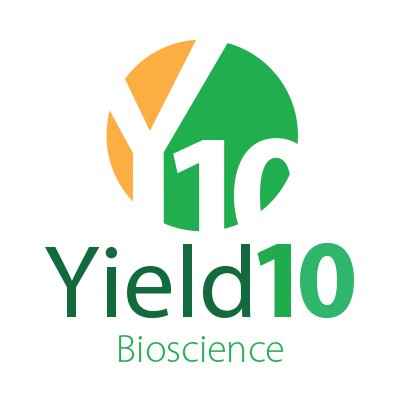
Yield10 Bioscience, American Airlines to advance camelina oil-based SAF value chain
March 10, 2023
By Yield10 Bioscience

Yield10 Bioscience, Inc., an agricultural bioscience company, announced that it signed a memorandum of understanding (MOU) with American Airlines, Inc. on Feb. 27, 2023 to collaborate in developing the value chain for camelina as a low-carbon feedstock oil for sustainable aviation fuel (SAF).
American is committed to helping to scale SAF production as a cornerstone of its climate strategy this decade.
Under the MOU, Yield10 and American plan to work together to support the development of the camelina oil-based SAF value chain with the potential to secure offtake agreements for camelina oil-based SAF for use in the commercial airline business. The companies also plan to work together to support applications for government grants to support the establishment of infrastructure to support camelina oil as a feedstock to refineries producing SAF.
“SAF made from feedstocks that maximize carbon reduction is critical to our climate goals,” said Jill Blickstein, American’s vice-president of sustainability. “We believe cover crops, like the camelina varieties that Yield10 is working on, could play a significant role in helping us decarbonize. Since oilseed cover crops may also have other environmental benefits, such as helping reduce erosion and maintaining soil moisture, it makes them even more compelling.”
“Yield10 is developing elite camelina varieties to enable winter cover cropping and harvest of low-carbon intensity feedstock oil for the SAF market,” said Oliver Peoples, Ph.D., president and chief executive officer of Yield10 Bioscience. “With this new relationship in place with American, we continue to make progress toward our goal of establishing a network of collaborations across the biofuel value chain to support the establishment of camelina as a major new source of feedstock oil for transportation fuel. We are excited to be aligned with American on the potential for camelina to play an important role in sustainably de-carbonizing SAF. We look forward to working closely with American to establish the performance profile of camelina feedstock oil and to develop the value chain for SAF from field to flight.”
Most SAF in production today is made from low-value feedstocks that include inedible plant oils, used cooking oils, waste fats, and agricultural residues. When blended with at least 50 per cent petroleum-based jet fuel, SAF is considered a “drop-in” fuel that can be used by commercial aircraft. It meets the same safety and performance standards as petroleum-based jet fuel, but with up to 80 per cent less greenhouse gas emissions when measured on a lifecycle basis. As part of the energy transition, a substantial increase in biofuels capacity in the United States is currently underway. It is expected that the increase in biofuels feedstock demand over the next few years to be filled mainly by feedstock oils, including oil from cover crops. Camelina’s low carbon footprint, and ability to be grown as a cover crop on otherwise fallow land, make it an attractive choice to fill the biofuels feedstock supply gap.
Print this page